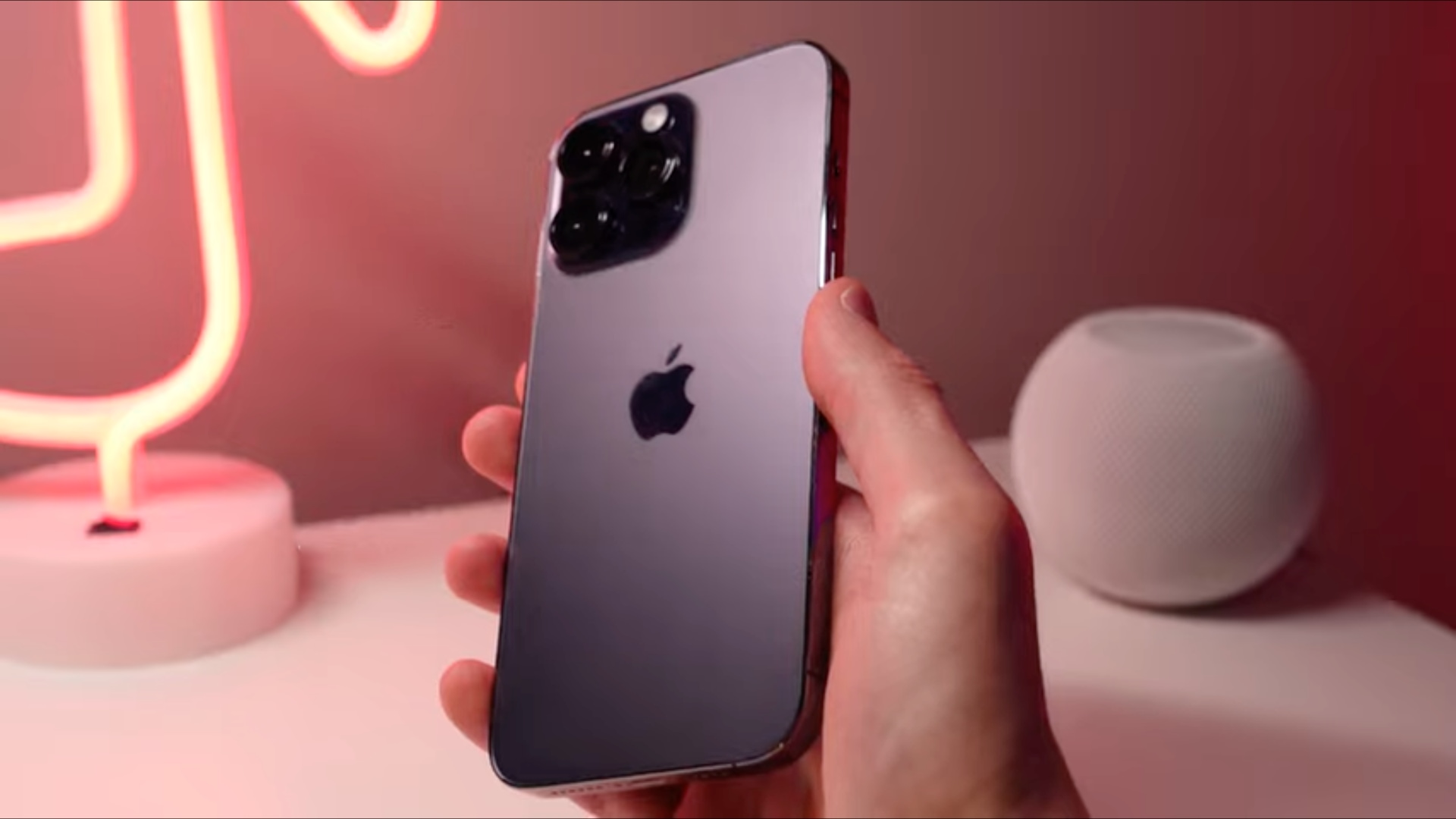Retail prices of the iPhone 15 Pros could increase by $100 to $200, pushing the base iPhone 15 Pro Max model close to $1300, $200 more than the iPhone 14 Pro Max.

By comparison, the 128GB iPhone 14 Pro starts at $999, while the base iPhone 14 Pro Max model with the same amount of storage starts at $1,099.
Higher prices for the iPhone 15 Pro and iPhone 15 Pro Max could reflect extra technology like bigger displays, periscope lenses, titanium frames, etc.
iPhone 15 Pro prices could climb by $100-$200
British bank Barclays analyst Tim Long has apparently learned from Apple’s Asian suppliers that the iPhone 15 Pro might cost up to $100 more than the iPhone 14 Pro, or $1,099—which is the same price as today’s 128GB iPhone 14 Pro Max.
Meanwhile, the flagship iPhone 15 Pro Max could be $100-$200 pricier vs. today’s iPhone 14 Pro Max, putting its starting price in the $1,199-$1,299 range.
Bloomberg recently said that iPhone 15 Pros prices could climb without mentioning how much. As for the non-Pro iPhone 15 models, their prices should remain the same as before, according to Long’s reassert note obtained by MacRumors.
- iPhone 15: $799 (no price change)
- iPhone 15 Plus: $899 (no price change)
- iPhone 15 Pro: Up to $1,099 (vs. $999 for the base iPhone 14 Pro)
- iPhone 15 Pro Max: Up to $1,299 (vs. $1,099 for the base iPhone 14 Pro Max)
The analyst estimates that the rumored telephoto lens costs Apple around $50. The telephoto lens should enable deeper optical zoom at 5-6x without blur.
The iPhone 15 Pros will have other technology not found in the regular iPhone 15 and iPhone 15 Plus models, which could explain higher prices.
The price of Apple technology
Earlier rumors have mentioned several other features said to be exclusive to the iPhone 15 Pros, like a customizable Action button, a more durable titanium frame, Apple’s forthcoming A17 chip and the thinnest screen bezels on any iPhone.
On the other hand, economic factors that are outside of Apple’s control—inflator pressures, falling smartphone sales and reduced consumer spending—could shatter its dream of protecting its margins by passing extra cost to the consumer.